Who would have thought, the last normal day we had, would be on a Friday the 13th?
That was the day our lives became uncertain. We had to change our way of life. Isolate ourselves from friends and loved ones; leave our jobs; miss proms and graduations. No more strolling around the malls, no more basketball in the park—and, NO MORE LIVE MUSIC!
Living in an area so rich in local music, classic venues, and great bars and pubs, this hit our community with a punch so strong, it would leave Rocky Balboa on the mat.
But there comes a time when we have to not dwell on the darkness around us. Take a break, maybe find out a bit about the local musicians…to that end, I have interviewed a few of our local music legends. Today, we talk to Matt Donnelly.
RRX: Do you see yourself as an artist or an entertainer?
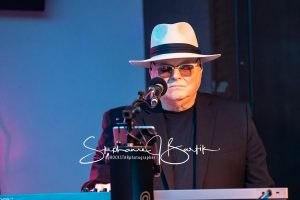
Photo by Stephanie Bartik.
MD: Probably both. When I’m playing in a club setting or a party, I think of myself as an entertainer (or at least try to be) In the studio or when in a setting that allows all original composition, I feel more like an artist. In those instances, I’m not trying to sound like a recording, I’m trying to sound like me. I have been very fortunate to have opportunities for both.
RRX: Do you consider rock as a music style as alive and vibrant as ever?
MD: Absolutely! There are exciting things happening in music and the lines between rock, jazz, blues, soul, funk are constantly being played with. I recently went to see Snarky Puppy in Boston. The level of composition, playing and energy was just off the charts! Fred Tripp (drummer) and I run a blues jam every Thursday night (Pre COVID days). We’ve had a number of teenagers come in and just blow the doors off the place. They study Stevie Ray Vaughn and Led Zeppelin like it was part of their school curriculum, I wish I had their talent and discipline when I was their age.
RRX: Who are your examples and inspirators?
MD: I used to teach a unit called “Songwriting as Poetry” and we applied the same principles to understand my students’ favorite songs as we did for Robert Frost, Samuel Taylor Coleridge or Sylvia Plath. I believe poetry is the compression of meaning through words. It’s more than 1+1=2; it’s 1+1=3+. “Gravity” by John Mayer or “One” by Metallica are good examples.
RRX: What got you to write songs? (childhood trauma, happiness, money?)
MD: I’m not a lyricist, but I love to create instrumental music. I’ve had the opportunity to participate in many, diverse recording projects including with Bob Warren and even a movie score many years ago. I was motivated by the beauty of the sound. I love applying my imagination and creativity to the musical form.
RRX: Can you remember the first time you wrote a song? Describe it to me.
MD: In the ‘80s two friends and I wrote the soundtrack to the movie, “Brain Damage”. Following that project, I was offered an opportunity to submit a musical plan for another feature film called Frankenhooker. I really put everything into it developing s ‘prospectus” of themes for the film. From a composition standpoint, I think it was probably my best work. In the end, they went with an award-winning composer, the same guy that wrote the score for Child’s Play and The Buddy Holly Story. I later got to meet him, and he told me he listened to my tape and stole some of the ideas. I was flattered, but he didn’t offer me any money.
RRX: Who gave you the support to keep writing in the beginning? Who did you play the early songs for?
MD: My mother was the person I played for in the beginning. She loved jazz and big band music, so I grew up listening to Billy Eckstine, Sarah Vaughn the Stan Kenton Band and Glenn Miller. I learned songs for her like “Tenderly”, “God Bless the Child” and “Misty”. I was always trying out songs for her and she always made sure I had a piano to play on.
RRX: What do you feel like when you play one of your songs and people applaud? Is it an affirmation or an irritation?
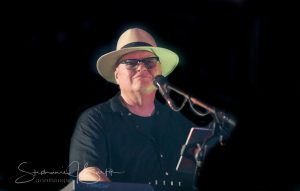
Photo by Stephanie Bartik.
MD: Again, song writing is not a huge part of my life today, but I still feel the same thrill in the music that I did when it was just to play music. Whether it was arranging for marching band or drum and bugle corps or working with Bob Warren to help him reach his vision, it just makes me feel amazing to be a part of the sound.
RRX: Tell me about a time when there were equipment issues that occurred during the middle of a song. What was the situation and how did you react?
MD: The Yes tribute band, Alice Frost was just getting ready to play at the Charles Wood Park a few years ago. The entire beginning of the show was on me. I played the intro music as a sample and then a huge synthesizer crescendo leading to the beginning of “Siberian Khatru”. The soundcheck was perfect, I was ready to go. When I hit the trigger for the intro music, nothing happened! I freaked and tried restarting the computer, checking my connections…everything I could think of. I decided the USB sound interface was bad and I took the long headphone extension and plugged it into the headphone jack in the computer and the other end of the direct box. Success! It took my half of “Siberian” to get my heart out of my mouth!
RRX: Tell me about a time when you had to handle an unruly audience member.
MD: I was playing at a bar in Ticonderoga, a fight broke out and the entire bar emptied into the street. Our soundman kicked someone to get them away from the stage and broke the guys rib. I thought that would be it for that club and that weekend. I started to pack up the band, but the owner pleaded with me to play the next night. We were all desperate for money so we all reluctantly agreed. The next night a huge and dangerous looking guy, rumored to be recently out of prison came in and demanded to know who broke his brothers’ rib.
As I tried to calm him he explained to me that he wanted to shake someone’s hand for finally putting his brother in place.
Lesson learned… sometimes the toughest guy can be your best friend if you treat them with respect and they want their brother hurt for some reason.
RRX: Walk me through the typical setup, warm-up, and break down procedures for your gigs.
MD: I show up 2 hours or more before a gig. Unlike musical theater where there is lots of warming up and pre-show green room preparation, it seems like I am putting in the last plug just as we need to start playing. I love places like Café Lena where most of the production is handled by their staff and you get a cookie!
Honestly, I hate setting up and tearing down, I wish I could play at a level where a production staff handled all that. Earlier this year I played on the Sandy Beaches Cruise, run by Delbert McClinton with the Bluz House Rockers I literally could leave my cabin, walk around the corner and on to the stage where we played. All of the backline gear was provided. Now, that’s nice!
RRX: Where do you see yourself in the next year, three years, five years and beyond?
MD: I once asked Hank Soto of the Stony Creek Band how much longer I could expect to keep playing. He said you only have to answer two questions, “Can you play today?” and “Can you play tomorrow?” You keep doing that until you answer no to one of them. So far, yes and yes.
RRX: Is there anything else you want to add?
MD: I play for the love of music. It will always be a part of me. I have been given incredible opportunities to play with fabulously talented people and in a wild variety of styles. I would like to thank all the people that support music, live and recorded. I am a truly fortunate guy.
Author
Staff
You may also like
Continue reading
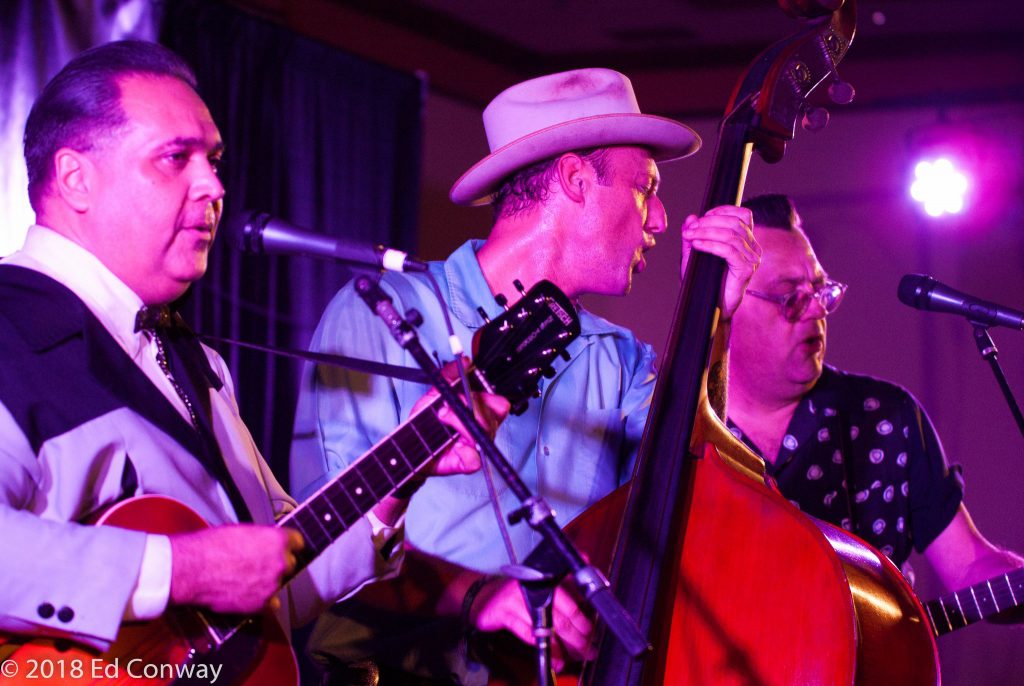
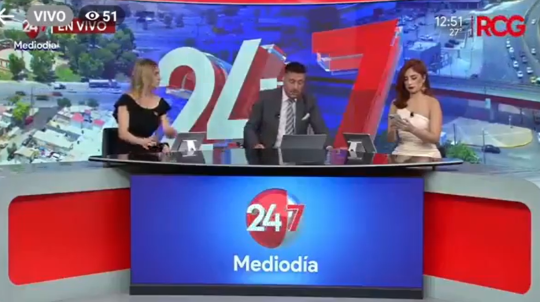
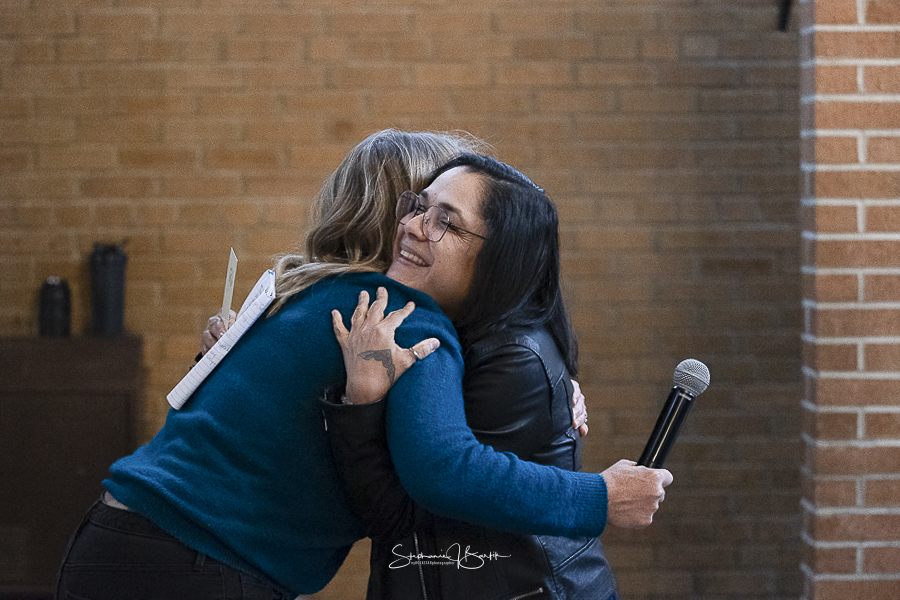
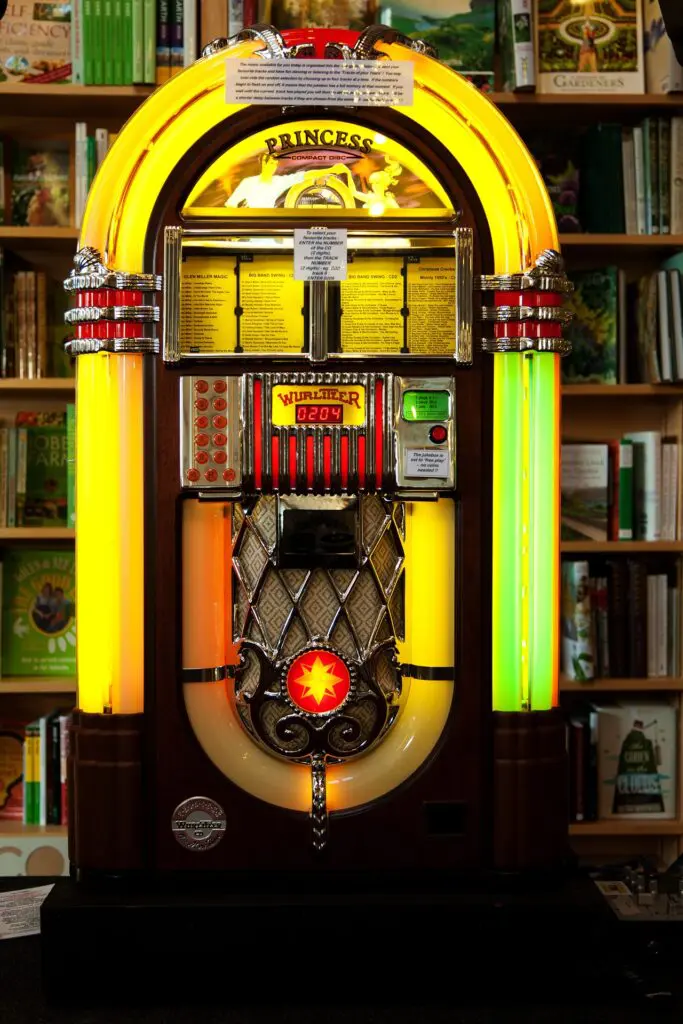
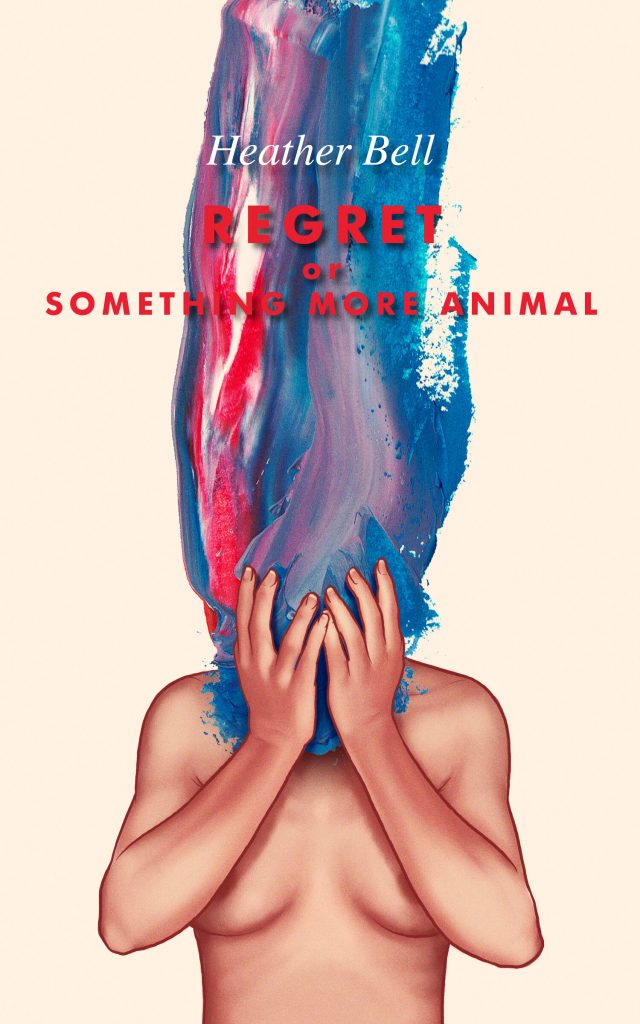
 RadioRadioX
RadioRadioX